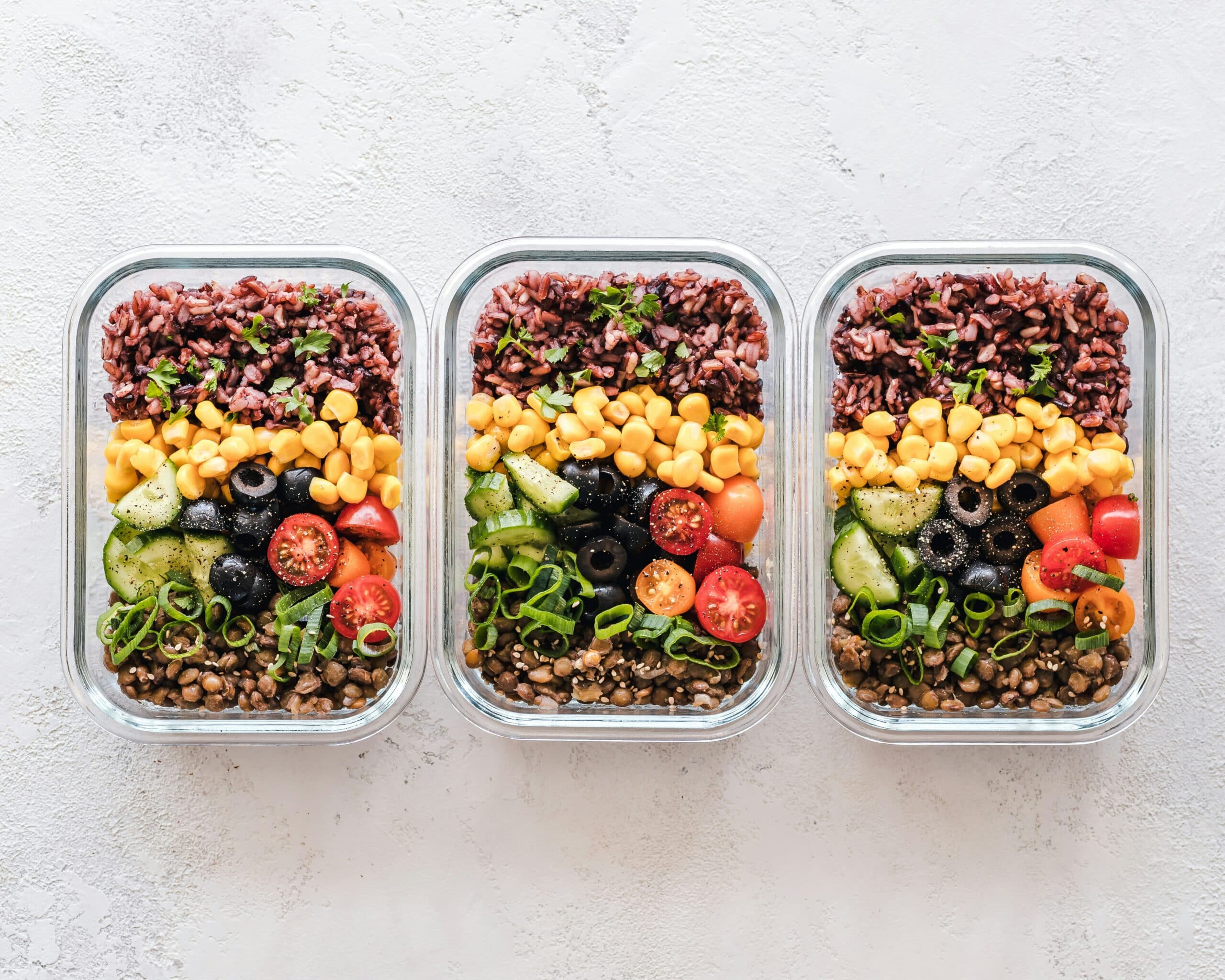
November 5, 2025
Nutrition Coaching vs. Diet Plans for Sustainable Results?
The Confusion Between Coaching and Diets
If you’ve ever tried to eat healthier or lose weight, you’ve likely encountered a maze of diet plans, calorie trackers, and quick fixes, all promising results. Yet despite these tools, most people struggle to maintain progress long-term.That’s where nutrition coaching comes in. Unlike rigid diet plans, a nutrition coach helps you develop sustainable habits that fit your lifestyle. Understanding the difference between nutrition coaching vs. dietitian or a standard diet plan can be the key to lasting change.
What a Diet Plan Offers and Why It Often Falls Short
Diet plans typically provide a structured approach: eat this, avoid that, follow these portions. While that clarity can be motivating at first, the structure often becomes limiting.
Strengths of Diet Plans
-
Offer clear calorie or portion targets
-
Provide short-term direction for quick results
-
May address medical or performance needs when developed by a registered dietitian
Limitations of Diet Plans
-
One-size-fits-all guidelines rarely match individual preferences or lifestyles
-
Can promote “all-or-nothing” thinking
-
Don’t teach behavior change or flexible eating skills
-
Often lead to rebound weight gain once the plan ends
A diet plan is like a GPS that tells you where to turn, but doesn’t teach you how to drive.
What Nutrition Coaching Provides
A nutrition coach focuses on education, accountability, and mindset rather than restriction. Coaching looks beyond food choices to the habits and emotions that shape them.
How Nutrition Coaching Works
-
Personalized guidance: Coaches tailor recommendations to your body, schedule, and preferences.
-
Habit building: Instead of tracking every bite, you focus on small daily actions (like balanced breakfasts or mindful eating).
-
Accountability and support: Regular check-ins keep you motivated and adaptable.
-
Behavioral change: Coaching helps rewire how you think about food, not just what you eat.
In other words, a nutrition coach empowers you to make better decisions, even when life gets busy or stressful.
Nutrition Coach vs. Dietitian: Understanding the Difference
While both professionals help clients improve their diet, their roles differ.
| Feature | Nutrition Coach | Registered Dietitian |
|---|---|---|
| Focus | Habit change, lifestyle, motivation | Clinical nutrition, medical management |
| Training | Health coaching and nutrition science | Degree + licensing required |
| Goal | Sustainable weight loss and balanced eating | Disease management and clinical nutrition |
| Approach | Collaborative and behavior-based | Structured and prescriptive |
A healthy eating coach may help you develop consistent, balanced habits, while a dietitian is ideal for managing medical conditions like diabetes or food allergies. Many clients benefit from both, using coaching for lifestyle change and dietitians for medical precision.
Sustainable Weight Loss: Why Coaching Works Better
Studies show that restrictive dieting leads to temporary results. According to research from the American Journal of Clinical Nutrition, 80% of dieters regain lost weight within a year. Nutrition coaching flips this pattern by focusing on long-term behavior change.
Why Coaching Supports Sustainability
-
Real-life flexibility: You can enjoy social events and favorite foods without guilt.
-
Mindset over macros: Coaches teach awareness, not obsession, around eating.
-
Consistent accountability: You’re guided through setbacks, not punished for them.
-
Lasting education: You learn why certain foods fuel your goals and how to adjust over time.
The result? True sustainable weight loss built on knowledge, consistency, and confidence, not restriction.
Healthy Eating Coaching in Practice
A healthy eating coach helps you translate nutrition science into daily life. That might mean:
-
Learning to build balanced plates with protein, fiber, and healthy fats
-
Discovering what portion sizes feel right for your body
-
Finding satisfying swaps for your favorite comfort foods
-
Re-establishing trust with your hunger and fullness cues
These are skills that no meal plan or calorie calculator can teach.
When a Diet Plan May Still Be Helpful
There are times when structured plans serve a purpose:
-
If you’re preparing for a medical procedure or have a diagnosed condition (work with a dietitian)
-
If you need to kick-start awareness around portions or nutrient balance
-
If you’re an athlete training with specific performance goals
Even then, layering coaching on top of a plan ensures you can transition from structure to autonomy without losing momentum.
How to Choose What’s Right for You
Ask yourself:
-
Do I need medical nutrition guidance or lifestyle accountability?
-
Am I looking for short-term results or long-term change?
-
Do I want someone to tell me what to eat or help me understand why?
If you’re seeking a realistic, sustainable way to improve your relationship with food, nutrition coaching will likely serve you better than a rigid diet plan.
The Takeaway: Sustainability Beats Perfection
Diets tell you what to do. Coaching teaches you how to live.
Choosing between a nutrition coach vs. a dietitian depends on your goals, but for most people pursuing sustainable weight loss and balanced eating, coaching offers the flexibility, support, and mindset shifts needed to succeed long-term.
The best plan is the one you can maintain, enjoy, and grow with.
If you’re ready to move beyond diets and create lasting habits, contact Aisle Insights for personalized nutrition coaching designed to fit your lifestyle and goals.
Recent Posts

Aisle Insights: Grocery Strategy + Meal Planning + Coaching
January 16, 2026

Is Nutrition Coaching Worth It? Benefits of Working With a Coach
January 16, 2026

10 Grocery Shopping Habits That Make Your Diet Healthier
December 17, 2025

How Balanced Nutrition Affects Mental Health
December 16, 2025

Seasonal Grocery Shopping: Eating in Season Boosts Nutrition
October 30, 2025
